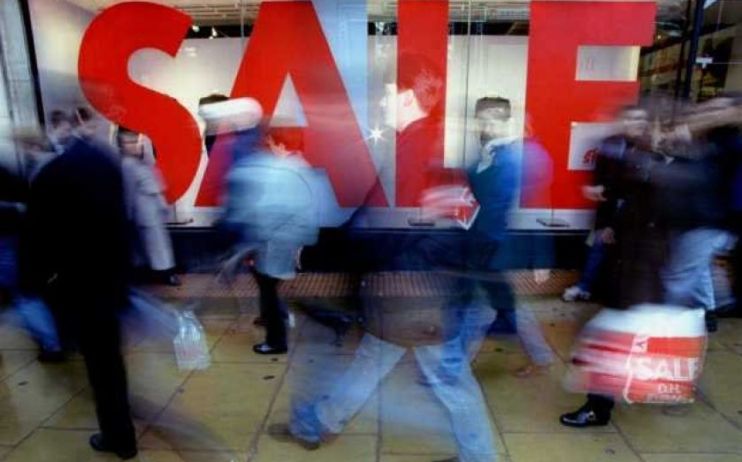The great British sell-off: Three ways for investors to profit

As the final act of the Brexit saga approaches, investors are still locked in a state of perpetual uncertainty.
We can’t know what will unfold, but what business is continually telling the government is how difficult it is to plan in the current environment. Brexit is the moment when we will receive some clarity, for better or worse, and UK company managers will once again be able to start making plans.
While no-one knows what is going to happen, we do know what has happened.
Over the last three-and-a-bit years sterling has continued to fall, putting ever greater pressure on the UK economy, which relies to a large extent on imports.
Just how cheap some of these assets have become is astonishing. Many have fallen in value by 50 to 75 per cent from their pre-Brexit levels.
The disconnect between the valuations of “cyclical” assets and the rest of the market worldwide is already at an historical extreme, but it’s at its most striking in the UK.
Below are three UK investment opportunities that we believe are victims of an overly pessimistic market.
Retail
The New River Real Estate Investment Trust (REIT) owns retail parks and around 600 pubs.
Aware of the threat from online retail, the managers identify successful retailers as those who can offer convenience, value or service, and actively look for tenants who demonstrate these qualities.
Retail assets have become so cheap now, and well below the cost of rebuilding, that new investors are being attracted into the sector.
New River offers a third-party management service to these new owners and has signed three management contracts in the last few months.
New River REIT is also astonishingly cheap. At the time of writing, the net asset value per share is £2.61, while the share price is £1.52. The net asset value per share is the amount that would be realised if all the assets were to be sold, and the debt paid off.
The valuation of New River REIT can be explained partly by the current antipathy towards UK assets, and to retail property in particular, and partly by the fact that Woodford Investment Management, until recently a holder of 20 per cent of the company’s issued shares, is said to be selling its holding.
Insurance companies
These days, Legal & General (L&G) makes most of its profits from pensions, mainly company pensions. The company is the UK leader in pension risk transfer, where an insurance company takes over the management of a company’s pension fund.
This is a large and growing business. L&G wrote £6.7bn of new PRT business in the half-year, including the transfer of the Rolls-Royce scheme, at £4.0bn the UK’s largest ever. So far, only eight per cent of UK company pension assets have been transferred to insurance companies, so the potential remains vast.
Legal & General’s other world-class business is the management of tracker funds, which it has grown rapidly in the last decade.
Legal & General is the world’s fifteenth largest asset manager. In the past five years, the international fund management business has grown its assets at 28 per cent per year compound.
The company is also growing in other areas, such as lifetime mortgages, housebuilding, lending to SMEs and infrastructure development.
Between 2011 and 2015, the company grew its earnings by 10 per cent per annum, and since then the rate of growth has accelerated to 11 per cent.
As the share price has stayed flat, the dividend yield has grown steadily to its current level of 7.7 per cent.
Construction
Henry Boot’s share price has fallen over 35 per cent since the start of 2018, driven entirely by adverse sentiment, as there has been no bad news for the company itself.
Henry Boot’s principle activity, Hallam Land, takes development land through the planning process and then sells it to housebuilders. Over the years, the land bank has steadily grown in size and the acreage sold has increased every year.
Despite Brexit, demand for new houses remains strong, and sales of land continue at a high level.
On the construction side, Henry Boot avoids large and unprofitable contracts. It builds development properties, always either pre-let or pre-sold, and undertakes construction work for third parties. Build quality is high and the company can sell as many homes as it develops.
A combination of Brexit and a wider global market panic have pushed Henry Boot’s share price down to its current depressed level.
Apart from the very short term, the fair market price for the company’s shares lies in the region £3.50 to 4.25. A considerable potential upside from the current price of £2.45.